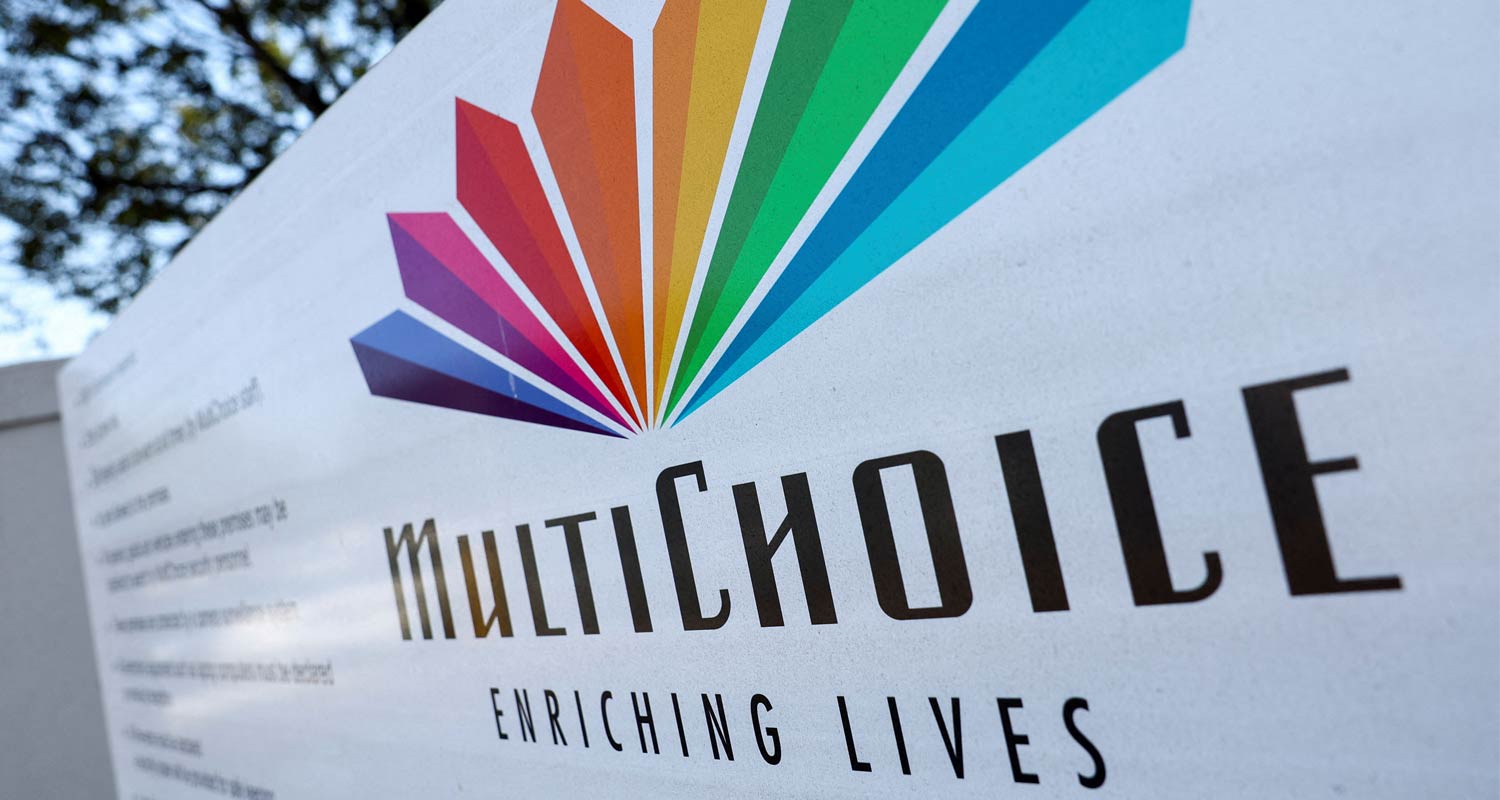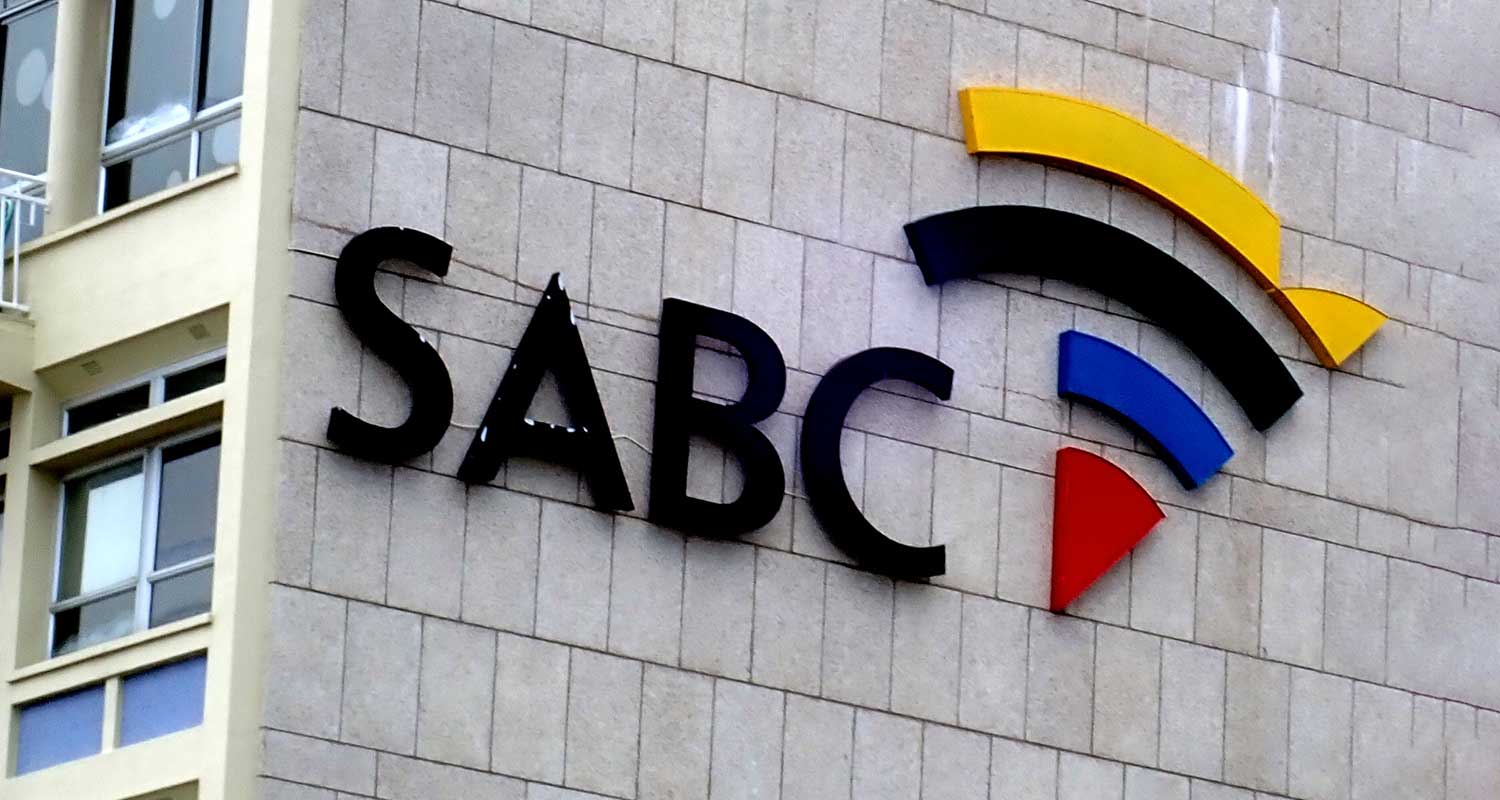
MultiChoice Group has suffered a setback in a long-running investigation into whether a 2013 agreement between the pay-television broadcaster and the SABC amounted to a notifiable merger under the Competition Act.
The Competition Tribunal on Monday said it had dismissed an “exception application” brought by MultiChoice over a channel-supply agreement with the SABC, which it inked during the Jacob Zuma presidency 12 years ago.
“The case arises from a complaint lodged by Caxton and CTP Publishers and Printers, the SOS Support Public Broadcasting Coalition and the Media Monitoring Project Benefit Trust,” the tribunal said in a statement.
“The applicants allege that a commercial and master channel distribution agreement, concluded between MultiChoice and the SABC in 2013, constituted a notifiable merger under the Competition Act, and that the parties failed to notify the Competition Commission as required by the act,” it explained.
“In terms of the agreement, the SABC agreed to let MultiChoice carry its unencrypted free-to-air channels on MultiChoice’s subscription platforms in exchange for payment, with a clause allowing MultiChoice to terminate or suspend the agreement and claim a refund if the SABC encrypted its free-to-air channels.”
The move was highly controversial at the time because MultiChoice and rival e.tv were locked in a heated battle over whether the set-top boxes to be distributed by government to indigent households should include encryption. MultiChoice was accused of using commercial agreements to try to influence and set government policy.
Divisive
MultiChoice was worried that e.tv – and its parent, eMedia – would use the subsidised boxes as a platform to launch a pay-TV competitor to M-Net and DStv that might have transformed the competitive dynamics of the market. The issue became so divisive at one point that Naspers chairman Koos Bekker attacked then-communications minister Yunus Carrim in full-page newspaper advertisements over his support of encryption in digital terrestrial TV broadcasting. Naspers owned MultiChoice at the time.
Caxton first approached the Competition Tribunal 10 years ago – in February 2015 – in an effort to compel MultiChoice and the SABC to notify the channel-supply agreement as a merger, which would have invited significant scrutiny from regulators, including the Competition Commission. The two broadcasters opposed the application, which was dismissed in February 2016.
Read: MultiChoice can’t profess innocence in SABC deal
Caxton then appealed to the competition appeal court, which, based on the available evidence at the time, upheld the tribunal’s decision in June 2016. However, the court ordered the parties to provide all related documents to the commission for investigation and for it to report its findings to the tribunal.
According to the tribunal, once the investigation got underway, the following events occurred:
- A dispute arose over the commission’s subpoena powers;
- The constitutional court in September 2018 then confirmed the commission’s right to use its full investigative powers;
- The commission considered the documents submitted by MultiChoice and the SABC and interrogated the SABC and MultiChoice’s witnesses;
- The commission completed its investigation and, in November 2018, submitted a report to the tribunal concluding that the agreement allowed MultiChoice to influence the strategic direction of the SABC, thus constituting a notifiable merger;
- The tribunal then requested a supplementary affidavit from the commission. This was filed in April 2021 and reaffirmed the commission’s finding of a notifiable merger.
- In response, MultiChoice brought an exception application requesting the tribunal to declare that the facts presented by the commission and the applicants did not constitute a merger under the Competition Act and dismiss the main application on that basis.
- Following a hearing, the tribunal has now dismissed MultiChoice’s exception application.
The tribunal said in its findings: “We are not satisfied that on all possible readings of the facts, as set out in the commission’s affidavits, its report, and the affidavits of Caxton, Media Monitoring and SOS, that no cause of action has been made out that the conclusion of the agreement gave MultiChoice the power to influence the policy of SABC, which if established, would constitute a merger in terms … the act.

The matter has raised “complex issues of both fact and law and ultimately potentially affects competition in the relevant markets and millions of South African consumers”, it added.
“The many disputed facts in this matter relating to control in terms of section 12(2)(g) of the act, in the tribunal’s view, are not well suited for determination by exception and can only be determined in their proper context through the hearing of oral evidence.”
The tribunal noted that it “must be in the public interest for transactions involving the public broadcaster to be examined with particular consideration of the purpose of the act”.
“The tribunal also noted that it would be inappropriate to grant the exception application as it would depart from the competition appeal court order, read in the context of the appeal court judgment, as well as the judgment and order of the constitutional court, which ordered the tribunal to re-hear the matter, employing its inquisitorial powers. In the circumstances, MultiChoice’s exception application is dismissed. The main application will proceed to a hearing on its merits in due course.”
The tribunal said it plans to publish the reasons for its decision “in due course”, once any confidentiality claims by the parties have been assessed and finalised.
Asked to comment on the tribunal’s decision to reject its exception application, MultiChoice told TechCentral in e-mailed remarks that the decision is “procedural in nature and not a ruling on the merits of the case”.
Read: Encryption clause comes back to bite MultiChoice, SABC
“It simply means the matter will proceed to a full hearing, and we remain confident in our position that the 2013 channel distribution agreement between us and the SABC was a standard commercial agreement that did not amount to a merger. We will continue to engage fully with the legal process as it unfolds.” – © 2025 NewsCentral Media
Get breaking news from TechCentral on WhatsApp. Sign up here.




